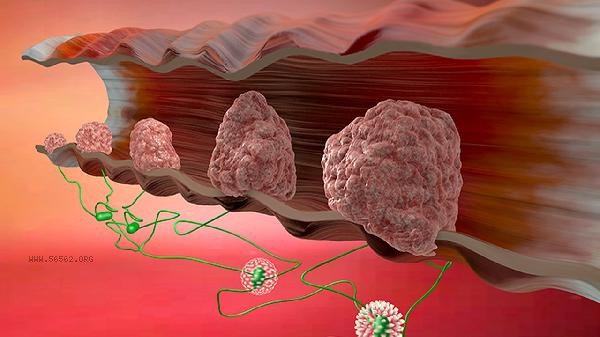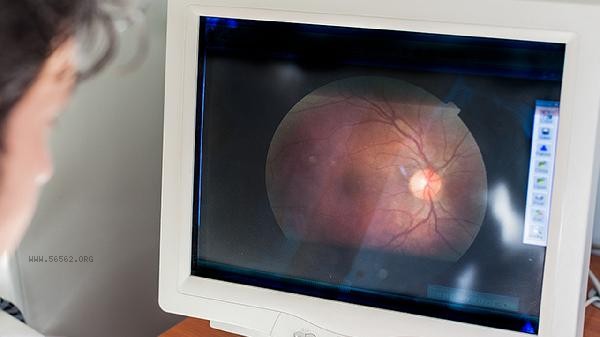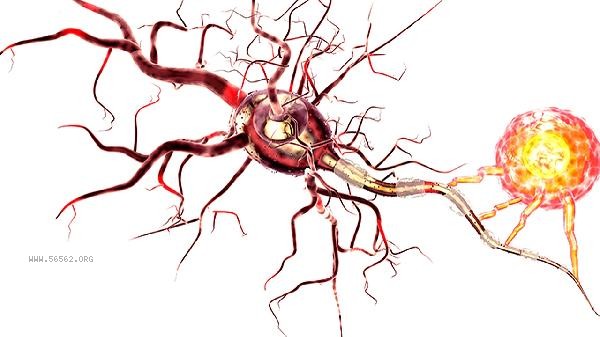The four major immune cells in the human body mainly include T lymphocytes, B lymphocytes, natural killer cells, and macrophages. These cells play a crucial role in immune defense, pathogen clearance, and immune regulation.

1. T lymphocytes
T lymphocytes originate from the bone marrow and mature and differentiate in the thymus. They are divided into subgroups such as helper T cells, cytotoxic T cells, and regulatory T cells. Helper T cells activate other immune cells by secreting cytokines. Cytotoxic T cells can directly kill virus-infected cells or tumor cells, while regulatory T cells are responsible for suppressing excessive immune responses. T lymphocytes play a central role in adaptive immune response, recognizing specific antigens and forming immune memory.
2. B lymphocytes
B lymphocytes mature in the bone marrow and their main function is to secrete antibody mediated humoral immunity. When B cells recognize antigens, they differentiate into plasma cells and produce a large amount of specific antibodies to neutralize or label pathogens for clearance by other immune cells. Some B cells will transform into memory B cells, which quickly initiate a stronger immune response during secondary infection. B cells can also activate T cells through antigen presentation.

3. Natural Killer Cells
Natural killer cells are innate immune cells that can recognize and kill tumor cells or virus-infected cells without prior antigen sensitization. Its killing mechanism includes releasing perforin and granzyme to induce apoptosis of target cells, as well as activating the apoptotic program within target cells through the death receptor pathway. Natural killer cells also have immune regulatory functions, which can affect the activity of other immune cells by secreting cytokines such as interferon gamma.
4. Macrophages
Macrophages are derived from monocytes in the blood and have powerful phagocytic functions, capable of engulfing bacteria, senescent cells, and cell debris. Macrophages recognize pathogen related molecular patterns through pattern recognition receptors, and after phagocytosis, they degrade pathogens through lysosomal enzymes. At the same time, macrophages can secrete pro-inflammatory factors such as interleukin-1 and tumor necrosis factor alpha, participate in inflammatory responses and tissue repair, and act as antigen-presenting cells to activate T cells.

To maintain normal immune cell function, attention should be paid to a balanced diet, supplemented with high-quality protein, vitamin A, vitamin C, zinc and other nutrients in moderation. Regular sleep and moderate exercise help maintain immune homeostasis and avoid long-term stress or excessive fatigue. For individuals with abnormal immune function, timely medical evaluation should be sought and immunomodulatory drugs should not be used on their own. Vaccination can enhance specific immune memory function in daily life.









Comments (0)
Leave a Comment
No comments yet
Be the first to share your thoughts!